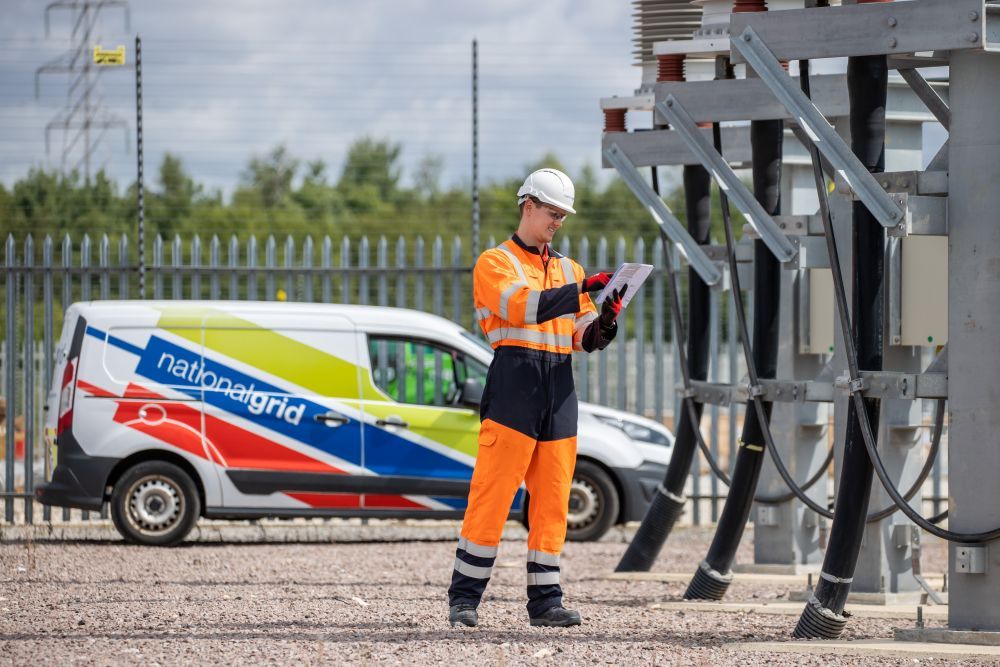Battery cell technology and R&D company Britishvolt are one of four grant recipients in the latest round (Round 4) of the Faraday Battery Challenge – with the partners set to develop a “next-generation, ultra-high power and fast-charging battery materials system for automotive applications”.
The other beneficiaries include Echion Technologies, Cambridge, UK (“Echion”), Johnson Matthey (“JM”), and University College London (“UCL”).
Project CASCADE (Cathode and Anode Supply Chain for Advanced DEmonstrator) brings together these four organisations to develop a next-generation, ultra-high power and fast-charging battery materials system for automotive applications using the cathode and anode technology of JM and Echion, respectively. This follows the successful CORNEA Innovate UK project between Echion and JM, which established the commercial potential and roadmap for this technology system.
Allan Paterson, CTO of Britishvolt, said: “The development of advanced lithium-ion battery cell technologies and associated R&D is extremely important to Britishvolt. This is a great example of how we are collaborating with British technology partners to push the boundaries on cell performance, for the benefit of our customers.”
Dr Sarah Stevenson, Project Manager at Echion, added: “The award of this grant is a testament to the hard work put in by each of the partners in what was a very competitive application process. I’m very excited to continue the strong relationship with JM and UCL, and work with Britishvolt for the first time.”
Dr James Cookson, Research Manager at Johnson Matthey, commented: “There is a growing demand for advanced cells with high power capabilities to support the transition to a net-zero future. To meet these ambitions, it is important we customise the materials inside the cell to work together optimally.”
In CASCADE, the technology will be demonstrated in commercial-format battery cells which will also be comprehensively tested by potential customer Britishvolt, who will also conduct a scale-up assessment focusing on considerations for giga-scale production. Results of these tests, together with extensive characterisation and modelling performed by the UCL Electrochemical Innovation Lab will form the basis of a knowledge package which will be used to facilitate business development and accelerate market entry. Finally, JM will develop strategies for recycling and understanding of the system’s carbon footprint.
The Faraday Battery Challenge is part of the Industrial Strategy Challenge Fund, delivered by Innovate UK and the Engineering and Physical Sciences Research Council (EPSRC) on behalf of UK Research and Innovation (UKRI). Project CASCADE kicked off in August 2021 with a duration of 12 months.
Image courtesy of Britishvolt.











